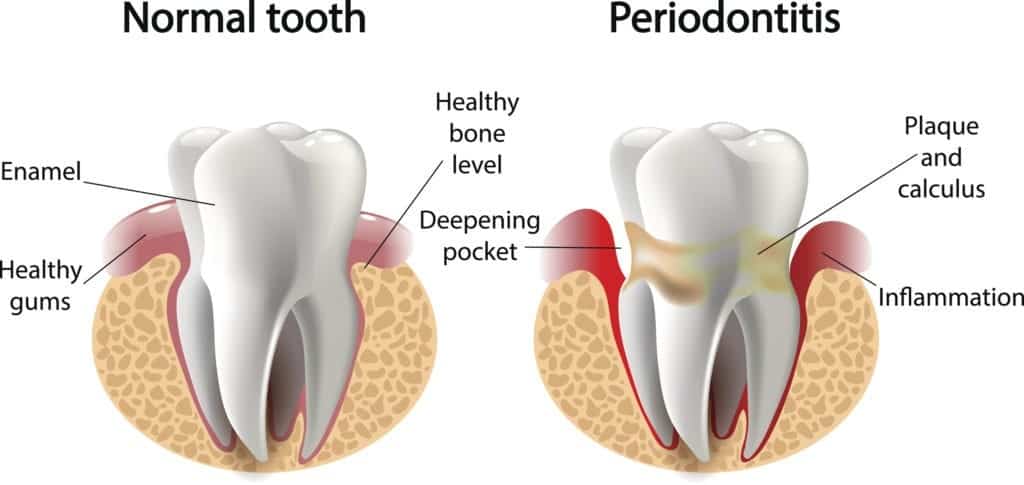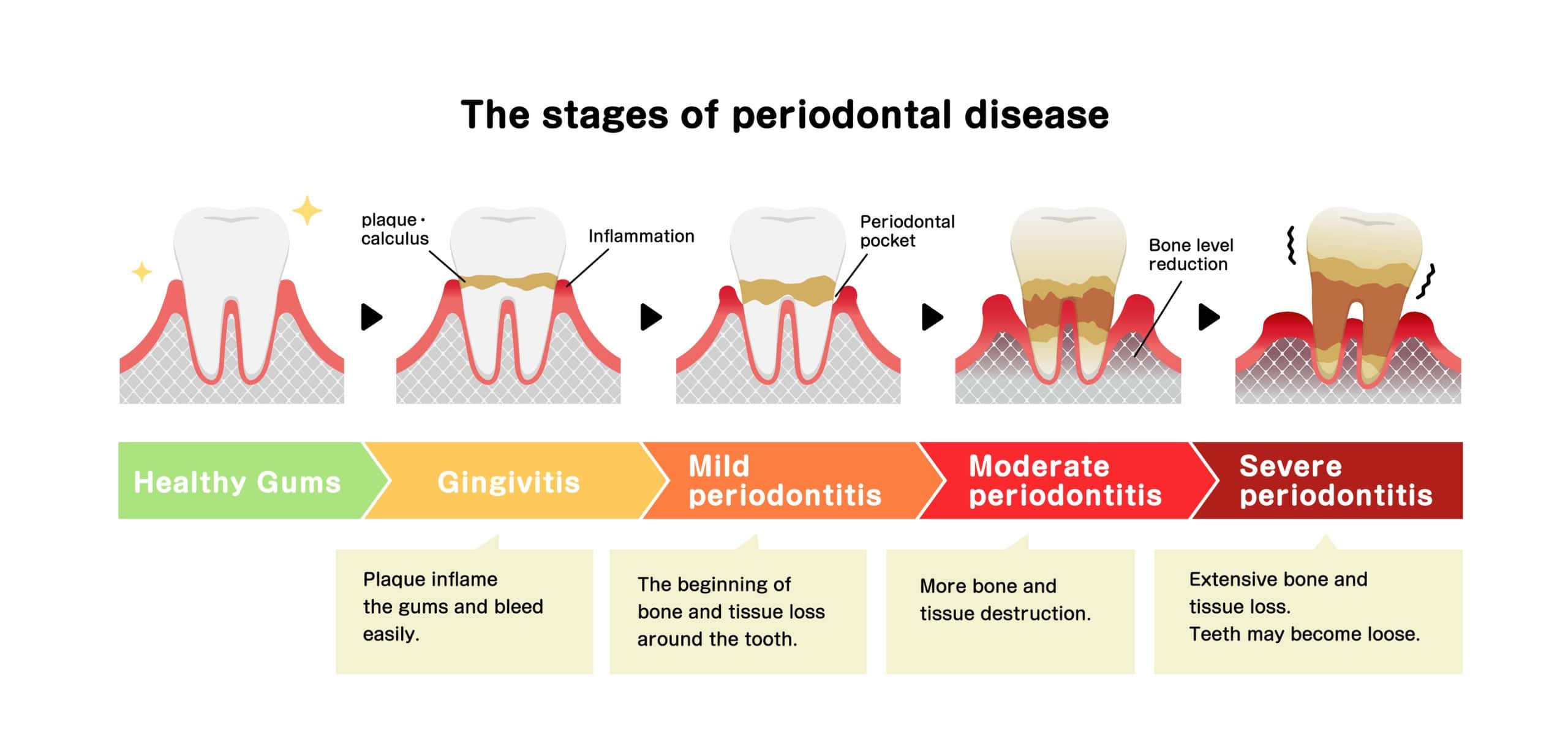
BLEEDING GUMS: DECODING THE SIGNS AND WHEN TO CONSULT YOUR DENTIST
FOR DR.ROZE BIOHEALTH CLINICS | 15.09.2023
When it comes to oral health, our gums play a pivotal role. They provide support to our teeth, contribute to our smile’s aesthetics, and serve as a protective barrier for underlying structures. However, experiencing bleeding gums can be alarming and may indicate an underlying issue that needs attention. In this comprehensive guide, we’ll explore the reasons behind bleeding gums, decipher what the bleeding signifies, and determine when it’s essential to seek professional dental care.
Understanding Bleeding Gums
Bleeding gums can manifest in various ways, from seeing pink on your toothbrush after brushing to noticing blood while consuming certain foods. It’s important to understand that bleeding gums are not something to ignore, as they often signal an underlying oral health concern.
Common Causes of Bleeding Gums
- Gingivitis: One of the most common reasons for bleeding gums is gingivitis, a mild form of gum disease. Poor oral hygiene can lead to the accumulation of plaque, a sticky film of bacteria, along the gumline. This can cause inflammation, leading to bleeding when you brush or floss.
- Aggressive Brushing or Flossing: Brushing your teeth too vigorously or using improper flossing techniques can traumatize the delicate gum tissue, resulting in bleeding.
- Medications: Certain medications, like blood thinners or anticoagulants, can make your gums more prone to bleeding.
- Pregnancy: Hormonal changes during pregnancy can increase blood flow to the gums, causing them to become more sensitive and prone to bleeding.
- Vitamin Deficiency: A lack of vitamin C or vitamin K in your diet can weaken blood vessels and increase the likelihood of bleeding gums.
- Medical Conditions: Health issues such as diabetes, leukemia, or immune disorders can affect gum health and cause bleeding.
- Poor-Fitting Dentures: Ill-fitting dentures can cause friction and irritation on the gums, leading to bleeding.
- Tobacco Use: Smoking or chewing tobacco can compromise gum health and lead to bleeding.
What Bleeding Gums Signify
Bleeding gums are often an early warning sign of gum disease. Gingivitis, if left untreated, can progress to a more severe form called periodontitis, which can lead to tooth mobility and even tooth loss. The bleeding is an indication of inflammation and infection within the gum tissue.
Apart from gum disease, bleeding gums can also hint at other health concerns. Poor gum health has been linked to cardiovascular disease, diabetes, and complications during pregnancy. This underscores the interconnectedness of oral health with overall well-being.
When to Consult Your Dentist
- While an occasional instance of bleeding gums might not be a cause for immediate concern, persistent or frequent bleeding should prompt a visit to your dentist. Here are the indicators that it’s time to seek professional dental care:
- Consistent Bleeding: If your gums bleed regularly, especially when you brush or floss, it’s important to address the issue promptly.
- Swollen or Red Gums: Gums that are swollen, red, or tender are signs of inflammation and potential gum disease.
- Bad Breath: Persistent bad breath, also known as halitosis, can accompany bleeding gums and may indicate an underlying issue.
- Receding Gums: If your gums are receding, exposing more of your tooth’s root, it’s a sign that gum disease may be progressing.
- Loose Teeth: If you notice your teeth becoming loose or shifting in position, it’s a strong indicator of advanced gum disease.
- Changes in Bite or Tooth Alignment: Gum disease can affect how your teeth come together when you bite. Any sudden changes should be addressed.
- Pain or Discomfort: If you experience pain, discomfort, or any unusual sensations in your gums, it’s essential to consult a dentist.

Professional Care and Prevention
Regular dental check-ups play a crucial role in preventing and addressing bleeding gums. A dentist can diagnose the underlying cause, provide appropriate treatment, and offer guidance on proper oral hygiene practices.
To prevent bleeding gums and maintain excellent oral health:
- Brush your teeth gently, using a soft-bristled toothbrush, at least twice a day.
- Floss daily to remove plaque and food particles from between your teeth.
- Make sure your oral microbiome is balanced so avoid using chemical mouthwash
- Maintain a balanced diet rich in vitamins and minerals to support gum health.
- Avoid tobacco products, which can contribute to gum issues.
- Stay hydrated to promote saliva production, which helps cleanse the mouth.
In conclusion, bleeding gums should never be ignored. They serve as an early indicator of potential oral health issues, including gum disease, and can also point to broader health concerns. Seeking professional care and adopting a proactive approach to oral hygiene are essential steps towards preserving your smile and overall well-being. Remember, your dentist is your partner in maintaining optimal oral health – don’t hesitate to reach out if you notice any signs of bleeding gums. Your beautiful smile and health are worth every effort you invest.
SUBSCRIBE TO OUR NEWSLETTER
You have undeniably aware of the importance of preserving your health and the essence of a body and mind balance. The growing emphasis on well-being, organic foods and our energies are hot topics in today’s health field. Let us help you keep up-to-date with news from doctors, patients, nurses and nutrition, sports and lifestyle specialists.
RELATED TOPICS
[elfsight_social_share_buttons id=”1″]
SUBSCRIBE TO OUR NEWSLETTER
You have undeniably aware of the importance of preserving your health and the essence of a body and mind balance. The growing emphasis on well-being, organic foods and our energies are hot topics in today’s health field. Let us help you keep up-to-date with news from doctors, patients, nurses and nutrition, sports and lifestyle specialists.



